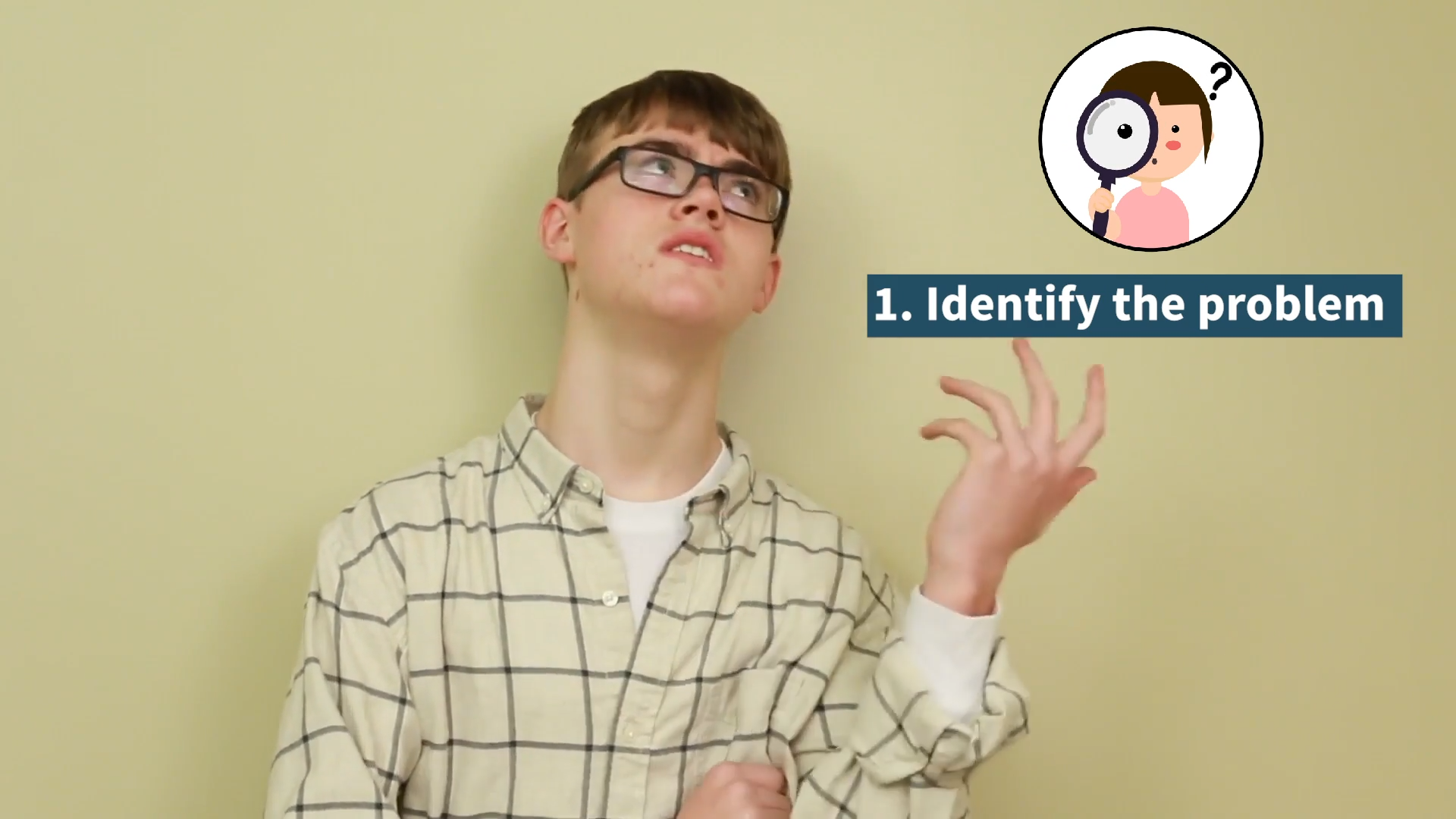Introduction
Problem-solving is an essential life skill that students need to develop in order to navigate through various challenges, both big and small. As educators, it is our responsibility to provide them with the tools they need to effectively identify, analyze, and solve problems. This blog post will introduce a no-prep activity to help students practice problem-solving skills and incorporate principles of Social-Emotional Learning (SEL) into your classroom.
No-Prep Activity
The following activity requires no preparation or materials and can be easily implemented in your classroom. The main goal of this activity is to help students practice identifying problems, evaluating possible solutions, and choosing the best course of action.
- Divide the class into small groups of 3-4 students.
- Ask each group to come up with a common, relatable problem that a student might face (e.g., a scheduling conflict, a disagreement with a friend, etc.).
- Instruct each group to take turns discussing their problem, identifying it as either big or small, and brainstorming at least three possible solutions.
- Next, have the group evaluate the pros and cons of each solution and choose the most effective one.
- Finally, ask each group to share their problem and chosen solution with the class. Encourage the class to provide feedback and discuss alternative solutions.
Discussion Questions
After completing the no-prep activity, use these discussion questions to encourage further reflection and conversation among your students:
- How did you decide whether your problem was big or small? What factors did you consider?
- How did your group work together to come up with possible solutions? Did everyone contribute equally?
- Were there any solutions that your group considered but ultimately decided against? Why?
- How did you feel after solving the problem? Did the chosen solution help you feel better about the situation?
- Can you think of a real-life situation where you used problem-solving skills to find a solution? How did it turn out?
Related Skills
In addition to problem-solving, there are other important skills that students should develop in order to become well-rounded individuals. Some of these related skills include:
- Decision-making
- Communication
- Empathy
- Conflict resolution
- Adaptability
Next Steps
We hope that this no-prep activity and discussion questions have provided you with valuable insights on how to teach problem-solving skills to your students while incorporating SEL principles. To further enhance your students’ learning experience, we encourage you to sign up for free samples of related skill activities and resources available at Everyday Speech. By incorporating these materials into your classroom, you can help your students develop the crucial skills they need to navigate life’s challenges with confidence and resilience.






